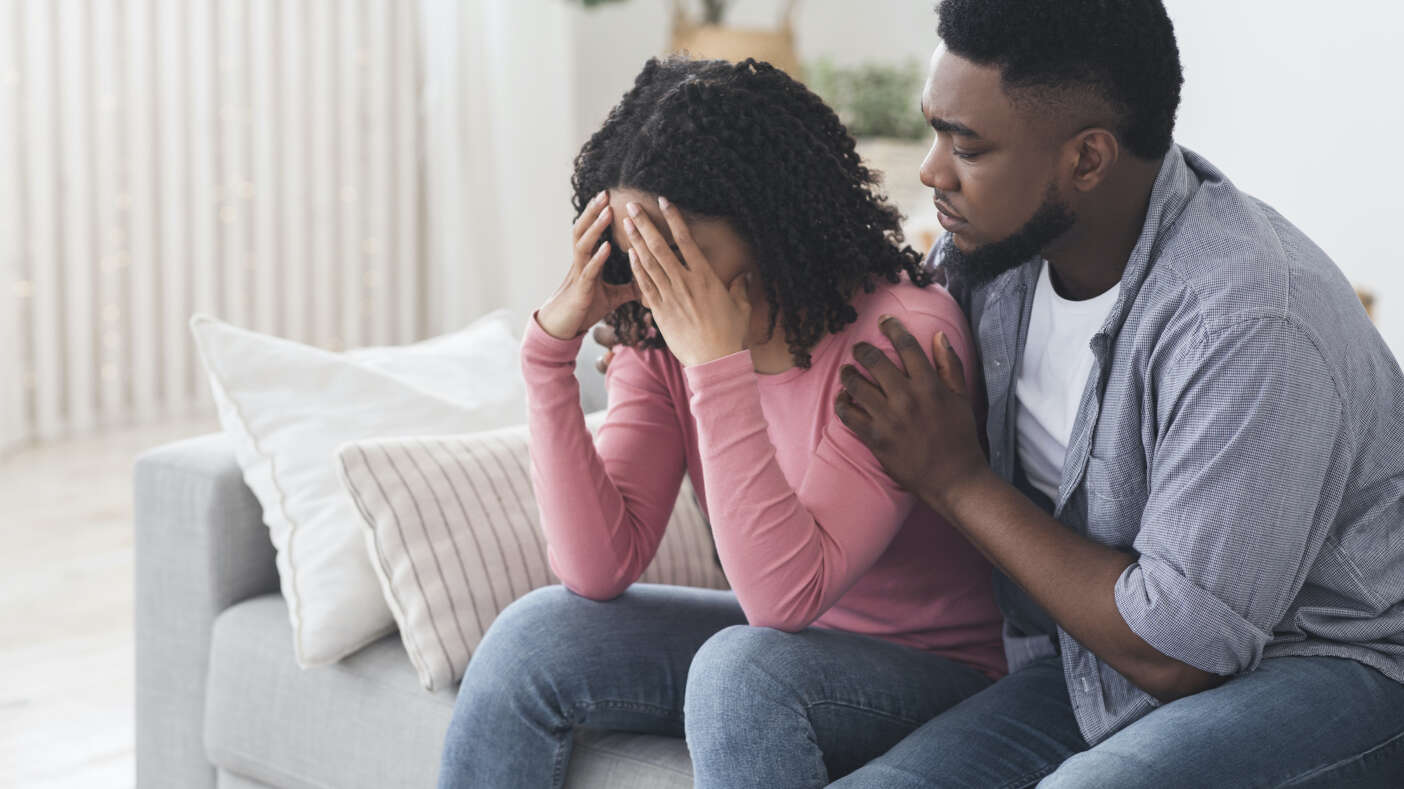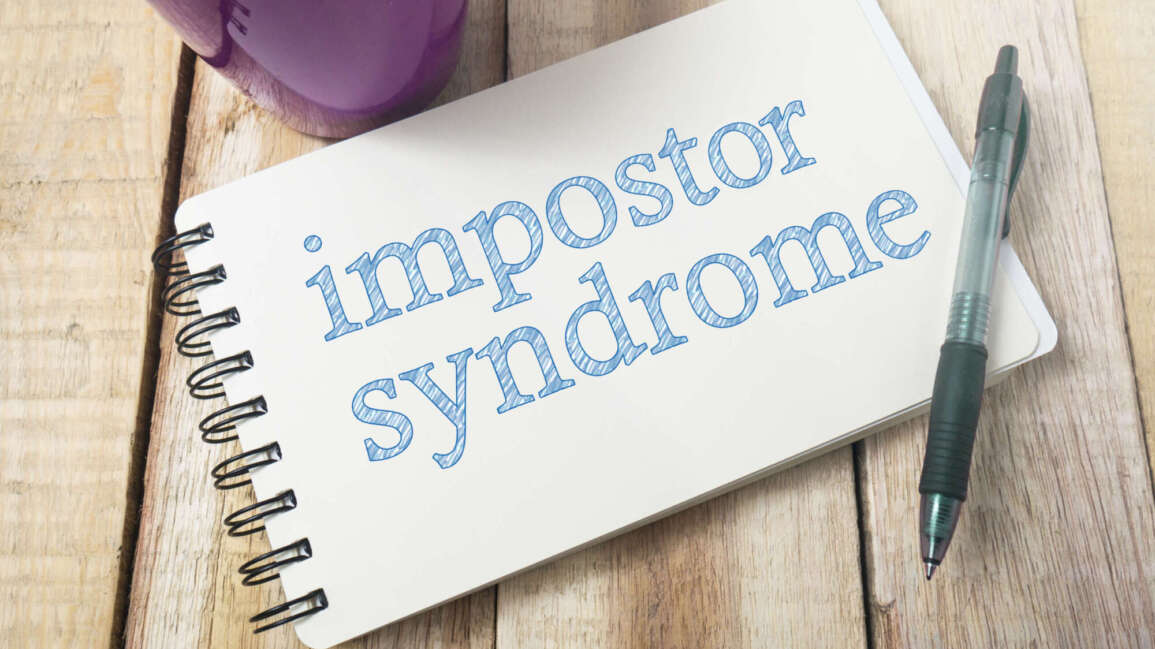Many of you would have selected this blog post because you thought, “Great! Finally, an article that tells me how I’m supposed to grieve when I lose someone I love”. Some of you might have clicked the article to see if this post is going to talk about the five stages of grief and guide you down each stage, step by step. Yes, this post will be doing both of those things, but not in the way you expected.
When we lose someone we love, care about and respect, we all have our way of responding to that loss. Some of us may look to food to be our form of comfort at that time. Others may decide to confide in friends and family to talk about their feelings of sadness. Some might do the exact opposite and not reach out to anyone at all. The grieving process will be different for all of us.
There is no right or wrong way to grieve.

When people come to therapy, some tend to ask if they are grieving the “right” way. Some people bring up the five (5) stages of grief and try to figure out which stage they are in and if they’re following the process correctly. In case you were wondering, the five (5) stages of grief, according to Dr. Elisabeth Kübler-Ross, are:
1) Denial
Denial is when you are in a state of shock and have not accepted that you have lost the person, pet, or thing that you once used to know, love, and have around.
2) Anger
The stage of anger involves being upset at the world. You start wondering to yourself, “why has this happened? Why me? Why did it have to happen to them?” It is at this stage that you might start questioning your faith.
3) Bargaining
Bargaining involves speaking to the universe or your God(s), to begin asking for favours. You may begin to plead and beg for things to change; for your life to return to the way it was before. Guilt may also arise in this stage as you ask yourself many “what if” statements.
4) Depression
When someone feels the loss, depression is usually somewhere in the midst. It is a deep sadness, loneliness, and an overwhelming feeling of emptiness that we experience during the grieving process.
5) Acceptance
Acceptance happens when we have acknowledged our feelings and truly felt them. We have acknowledged that we have lost and are ready to come back to reality now. This part of the grieving process is when we are no ready to move forward with the changes that have happened in our life.
These stages can be checkpoints for people, whenever they lose a loved one, to determine if they are going through the stages in the correct order, or even at all. Well, the truth is, when we lose someone, it’s hard to know if we will go through these stages at all. For some of us, we might follow the five stages of grieving exactly as they explained above, and others might only experience 4, 3, 2, or 1 of those stages, or go through the stages in a different order than is laid out. There might even be people who don’t experience any of the five stages at all. That is completely normal.
When you are grieving your loss of a loved one or someone you cared about and respected, what is most important at that time, is whether or not you are grieving healthily, not if you are grieving ‘correctly’.
Accepting the fact that someone you know is now gone, is a very hard and overwhelming reality to face. Denying that it has happened is normal and natural. You might isolate yourself from others for a little while and not necessarily want to be comforted right away. You might even prefer to ignore that the situation has happened all together and act as though it’s “business as usual”. These are coping mechanisms that our brain uses to help us manage our emotions. These mechanisms help us to slowly face the reality of what has happened when we are mentally ready to do so.

The first few days, weeks, and months for some people will be the hardest. The days, weeks, and months of grieving will be different for each person. It’s important then not to rush grief. Let your grief take its course. During this course, you may question your faith, and you might reach acceptance earlier or later than someone else you know. Both of these are normal thoughts and feelings to have. Be patient with yourself and allow yourself to feel the hurt of your loss.
The grieving process becomes concerning when there appears to be an unhealthy way of coping with the loss. This may include when a person is unable to function daily, for a long period- months and maybe up to a year after the loss has occurred. Unhealthy grieving may also include the absence of grief altogether. A person may be completely avoiding the reality that the loss has occurred, and weeks, and months later, going onto a year, they are still in denial. They are so uncomfortable with accepting the loss, and feeling those emotions of sadness and anger, that they keep them bottled up inside instead.
The grieving process will always be different for everyone. People grieve for the loss of a person, pet, and possession- a material thing that is of great value to them. Because the reasons for and causes of grief are different, there is no right or wrong way to grieve. There are healthy versus unhealthy ways to grieve. If you would like more information on the grieving process or have any questions, connect with us for further assistance.



